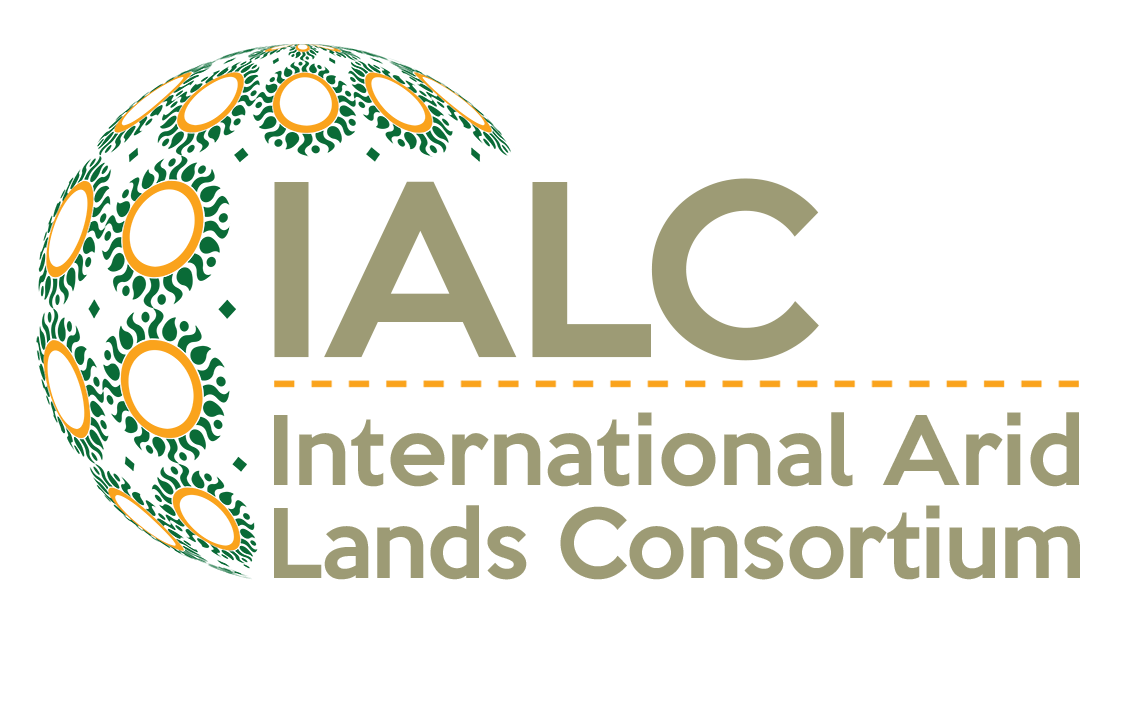International Arid Lands Consortium conducts research and education projects on afforestation and savannization
International Arid Lands Consortium (IALC) promotes methods to combat desertification through demonstration projects in Israel and Chile
July 12, 2000 (Tucson, AZ)-- The International Arid Lands Consortium (IALC) is conducting two demonstration projects in Israel and Chile to share research discoveries about desertification remedies with students, scientists, and environmental managers. Establishing park-like savannas in these countries helps combat natural and human-induced land degradation processes. The stations demonstrate ecosystem structure and function, and practical methods for sustainable management for conservation and restoration.
The creation of these demonstration areas in parks are just two of many projects undertaken by IALC that demonstrate a clear link between ecological research and practical solutions to critical natural resource issues in the Middle East and other arid regions.
Project Highlights
Savannization: Linking ecological understanding and applications (Blaustein Institute for Desert Research-Israel, Jewish National Fund)
The aim of this three-year project has been to create a demonstration station for Israeli and overseas students, scientists, and management personnel. The station shows how ecological understanding of desert landscapes can be applied for reforestation of degraded areas. The project is based on research that shows that biological diversity and productivity in the desert are controlled by factors affecting the flow of water, soil and nutrients.
Four sites have been established in Sayeret Shaked Park to show how natural and human activities in the area affect distribution of resources and biological diversity, and to provide evidence of how management activities restore desertified landscapes.
Savannization: Demonstration project in Chile (Jewish National Fund/Keren Kayemeth LeIsrael-Israel, Instituto Forestal-Chile, Ben Gurion University of the Negev, the University of Arizona)
First attempts of savannization techniques in Chile were made in 1992, thanks to contacts with researchers and managers from Israel. The creation of a man-made savanna is a promising technique in arid and semiarid lands in Chile, to restore arid landscapes, create better grazing lands, forage, firewood, and other products.
Israeli scientists and managers have identified four methods to prevent loss of vital resources, including stream bed terraces, limans (small bays or estuaries at the mouth of streams or rivers), earthen contour terraces and hillslope minicatchments. These man-made landscape features add resource-rich patches to the landscape, creating savanna-like parks. The park landscape is characterized by patches of trees, bush and herbaceous vegetation. The production and biological diversity in these parks are more pronounced than before the restoration.
The two-year demonstration project in the Ovalle-Illapel region of Chile aims to demonstrate similar processes and results as the project in Israel, namely how managers can evaluate and remedy natural and human-induced desertification processes in arid and semiarid regions.
#######
The International Arid Lands Consortium (IALC) is an independent nonprofit organization dedicated to exploring the problems and solutions unique to arid and semiarid regions. IALC promotes cooperative research and practical application of new knowledge to develop sustainable ecological practices. The member institutions and their affiliates share a mission to enable people of arid lands to improve the quality of life for future generations. IALC members include the University of Arizona, Desert Research Institute-Nevada, the University of Illinois, Jewish National Fund, New Mexico State University, South Dakota State University, Texas A&M University-Kingsville, and the Higher Council for Science & Technology-Jordan. The Ministry of Agriculture & Land Reclamation-Egypt is an affiliate member.
Projects Addressed in this News Release:
- 97D-03 Savannization: Linking ecological understanding and applications (Blaustein Institute for Desert Research-Israel, Jewish National Fund)
- 98D-14 Savannization: Demonstration project in Chile (Jewish National Fund/Keren Kayemeth LeIsrael-Israel, Instituto Forestal-Chile, Ben Gurion University of the Negev, the University of Arizona)

